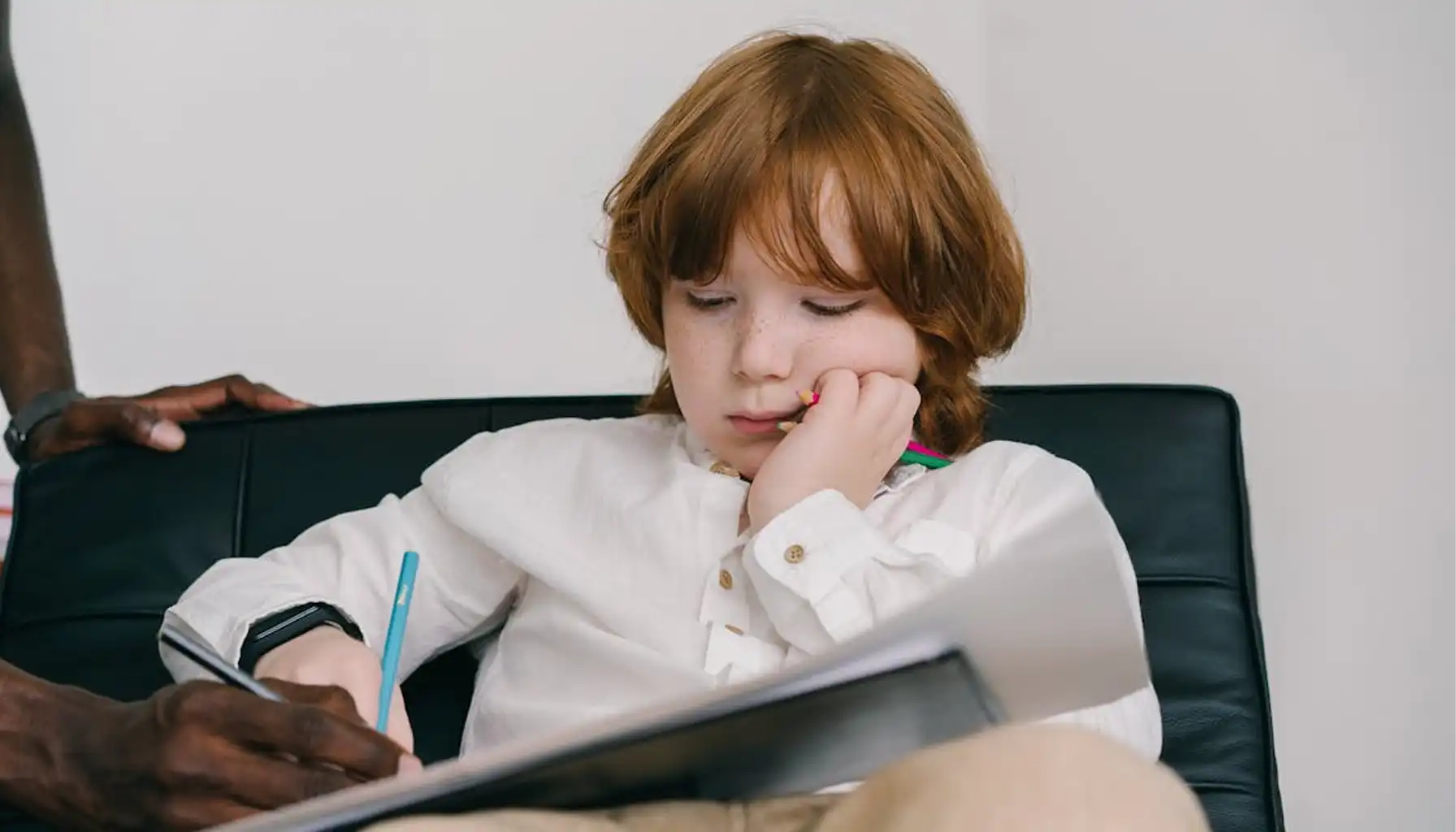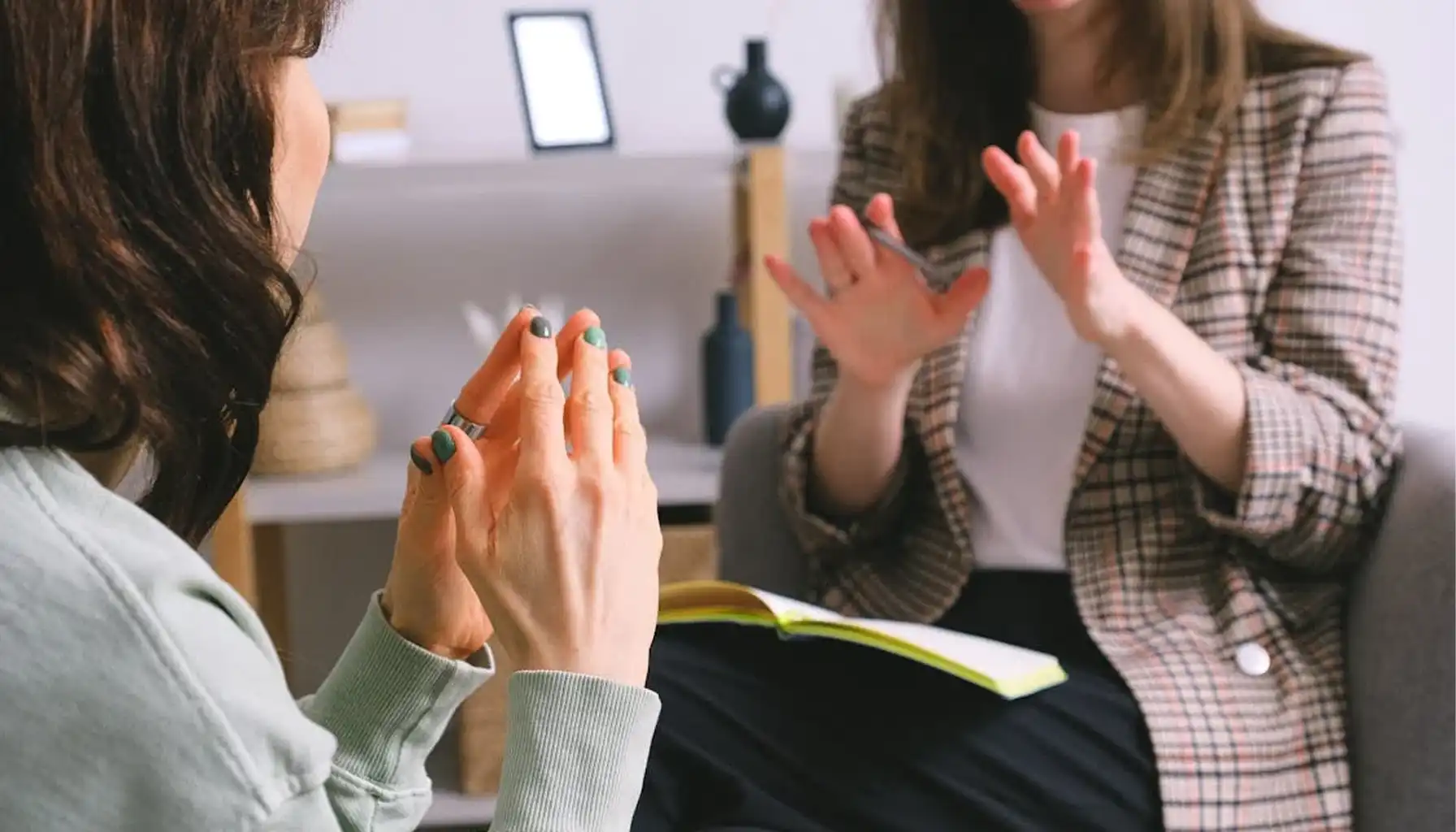Contents:
When people hear fear of numbers, they might imagine someone who just doesn’t like math homework. But arithmophobia is much more than that.
It’s an anxiety disorder where the presence, thought, or use of numbers triggers a strong emotional reaction. That reaction can be unease or full-on panic. It’s just an intense fear response which you cannot fight.
In clinical terms, what is arithmophobia? It’s a specific phobia linked to symbols and concepts related to numbers. The distress shows up only in certain situations, like seeing large figures on bills or encountering certain “unlucky” numbers.
The arithmophobia definition also can show you how it affects daily life. It can make school or work tasks harder, interfere with budgeting or financial planning, and even cause avoidance of simple routines, like checking prices at the store.
Some people find it helpful to slowly build comfort with numbers through low-pressure mental puzzles. Apps like games for the brain from Mind Elevate, which has puzzles, problem-solving tasks, and memory exercises, can give you a chance to engage with numbers.
Where the Fear Might Come From

Over the years, we have seen that arithmophobia can have many starting points. The arithmophobia meaning is consistent (it’s a fear connected to numbers) the causes vary. So, what are the more common origins?
Negative school experiences: early struggles in math class, harsh teaching methods, or public embarrassment over mistakes can plant long-lasting anxiety around numbers
Traumatic associations: numbers linked to unpleasant events, such as a hospital bill or a date tied to loss. This sometimes extends to a fear of odd numbers if those were part of the triggering event, you will need a Trauma Therapy to deal with it
Cultural or superstitious beliefs: in some traditions, certain numbers are thought to bring bad luck. Over time, these beliefs can develop into real fear
Overwhelm from complexity: people managing large sums of money, data-heavy jobs, or complicated statistics might develop a fear of large numbers that starts with stress and grows into phobia
Underlying anxiety disorders: generalized anxiety or obsessive-compulsive tendencies can latch onto numbers as a focus point
Spotting the Warning Signs
From our own observations, arithmophobia doesn’t appear in the same way for everyone, but the arithmophobia symptoms have three broad areas:
Thought patterns: persistent worry before situations with numbers, racing thoughts about potential mistakes, or overanalyzing every calculation.
Emotional responses: anxiety spikes, dread, or feelings of helplessness when facing anything numeric. In some cases, this centers on a fear of big numbers because they feel harder to process, while others have a specific fear of even numbers tied to personal or cultural meaning.
Behavioral changes: avoiding bills, skipping math-related tasks, or relying on others to handle anything with figures, no matter how small. Some even change daily routines to avoid confronting their fear at all. Anyone can improve at math with the right approach, if you just have math anxiety.
How Experts Identify It

First, mental health professionals check into what causes arithmophobia: possible roots such as early negative math experiences, cultural influences, or related anxiety disorders. They’ll ask about patterns, triggers, and the situations where the fear is strongest.
Next, they may use structured interviews or questionnaires to measure severity. It will help to clarify whether it’s a mild discomfort or a full phobia affecting daily life.
Yes, there aren’t large-scale statistics for every region. It's estimated that how many people have arithmophobia could be higher than most expect, since many quietly avoid situations with numbers.
Professionals look at related stress levels, coping habits, and whether other anxieties are present. Based on that, they will create their own arithmophobia treatment, which may have exposure therapy, cognitive-behavioral therapy, or gradual desensitization strategies.
Ways to Manage and Reduce the Fear
Strategy | How It Helps | Example in Practice |
Gradual Exposure | Starts with very small, safe number interactions, slowly building tolerance over weeks. | Looking at single digits before working up to longer sequences. |
Breathing & Grounding | Calms the nervous system before and during contact with feared stimuli, which can include a fear of long numbers. | Deep breathing exercises while reading a grocery receipt. |
Cognitive Restructuring | Works on reframing negative thoughts about numbers into neutral or positive ones. | Turning “I’ll panic if I see big numbers” into “I can handle this one step at a time.” |
Supportive Coaching | Has professional guidance and encouragement to face avoided situations. Can help with fear of prime numbers in academic or work settings. | A math tutor breaking down a problem into tiny, manageable parts. |
Visualization Practice | Uses mental imagery to “rehearse” successful interactions with numbers. | Picturing yourself calmly reading a calendar date. |
Quick Self-Check

Here’s a short set of questions I use with clients to help them notice if numbers are triggering more than just mild discomfort. Answer honestly, no one is going to check it but yourself.
Do you feel tense or anxious when you see certain numbers written down or spoken aloud?
Have you ever avoided a task, like checking your bank account, because of the numbers involved?
Do you experience physical reactions (sweating, rapid heartbeat) when confronted with large or complex numbers?
Have you skipped events or activities where you knew numbers would be part of the conversation?
Do certain types of numbers (odd, even, prime) make you more uncomfortable than others?
When thinking about numbers, do you catch yourself imagining worst-case scenarios?
Does your fear interfere with work, school, or daily decision-making?
If several of these sound familiar,your relationship with numbers is worth discussing with a professional.
FAQ
Can someone have a fear of small numbers instead of big ones?
Yes. A lot of people think arithmophobia is discomfort with large or complex numbers, the fear of small numbers can also be the case. It depends on the personal meaning a number holds, past experiences, or cultural beliefs.
Is it normal to only dislike certain numbers?
It can be. The fear of certain numbers is common, when tied to superstition or negative associations, like the number 13 in some cultures. For some, selective fear still causes stress and can affect them daily.
Can this fear go away without therapy?
Sometimes mild cases improve through gradual exposure and personal coping strategies. But if the fear disrupts work, school, or everyday decisions, a mental health professional can create a plan for improvement.
Is arithmophobia the same as math anxiety?
Not exactly. Math anxiety is usually linked to performance pressure, and arithmophobia is a specific phobia tied to the presence or thought of numbers themselves.
Can arithmophobia affect career choices?
Yes. People with this fear may avoid jobs that involve frequent number use, even if they have the skills.
Does arithmophobia show up in childhood?
It can. Some children develop the fear after a negative experience with numbers at school or home, while others may develop it later in life.
Are there cultural factors behind arithmophobia?
Definitely. In some cultures, certain numbers are linked to bad luck or misfortune.
Can technology help with managing arithmophobia?
Yes. Digital apps like Mind Elevate, can be part of a coping plan by improving attention control and reducing anxiety.





